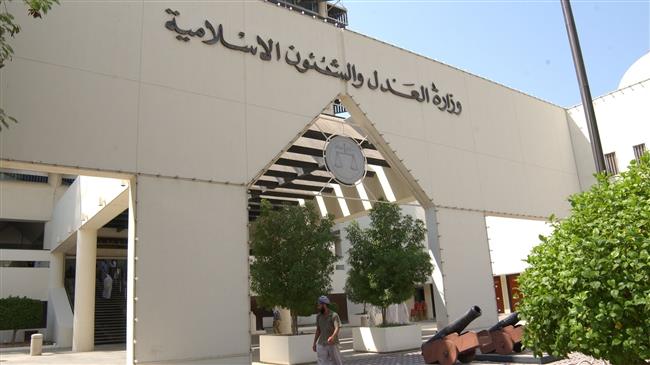Hawzah News Agency (London, UK) - The London-based non-governmental organization, in its annual report published on Thursday, announced that last year’s executions of three Shia Muslim activists over their alleged role in killing policemen during an anti-regime demonstration were carried out in violation of international law.
“Their lawyers did not have access to all the available evidence against them, which prevented them from adequately defending their clients. Nor were they allowed to cross-examine prosecution witnesses. The court found Abbas al-Samea and Sami Mushaima guilty following coerced ‘confessions.’ This is in violation of the International Covenant on Civil and Political Rights,” Amnesty International pointed out.
On January 15, 2017, Bahrain executed 27-year-old Samea, Mushaima, 42, and Ali al-Singace, 21, by firing squad. The killings came a week after the Court of Cassation upheld death sentences against the trio finding them guilty of killing three policemen, including an Emirati officer, in the northern village of al-Daih back in March 2014.
Condemnations poured in from across the world, even from Bahrain’s allies, against the executions.
"We're concerned that these executions occurred at a time of elevated tension in Bahrain," former US State Department spokesman John Kirby said at the time.
Bahraini opposition al-Wafa’a Islamic Party announced in a statement late on January 16, 2017, that it was turning to armed resistance as the only way to get legitimate public demands fulfilled in the face of the Al Khalifah regime’s harsh crackdown in the country.
“We in al-Wafa’a declare that we have started a new phase. We have one hand in the streets and the other on the trigger,” the party’s leader, Sayed Morteza al-Sanadi, said.
“For six years we have been adhering to peaceful methods ... For six years we have been appealing to the whole world and in return we got nothing but tears,” Sanadi added, vowing that al-Wafa’a “will exact punishment for the trio’s blood."
Epileptic detainee denied proper medical treatment
Meanwhile, the family of an epileptic dissident has accused Bahraini regime officials of denying their imprisoned son adequate medical treatment.
Younes Ali Hadher’s family told Bahraini human rights activists on Thursday that the detainee suffered a severe seizure earlier this week, but prison guards left him unattended and even changed his mediation without consulting his doctors.
Hadher was arrested in December 2012, and later charged with attempted murder, arson and participation in an "illegal gathering." He has been sentenced to 10 years in prison.
Attempts to release the epileptic dissident on humanitarian grounds have so far failed to yield results.
Thousands of anti-regime protesters have held demonstrations in Bahrain on an almost daily basis ever since a popular uprising began in the country in mid-February 2011.
They are demanding that the Al Khalifah dynasty relinquish power and allow a just system representing all Bahrainis to be established.
Manama has gone to great lengths to clamp down on any sign of dissent. On March 14, 2011, troops from Saudi Arabia and the United Arab Emirates were deployed to assist Bahrain in its crackdown.
Scores of people have lost their lives and hundreds of others sustained injuries or got arrested as a result of the Al Khalifah regime’s crackdown.
On March 5, 2017, Bahrain's parliament approved the trial of civilians at military tribunals in a measure blasted by human rights campaigners as being tantamount to imposition of an undeclared martial law countrywide.
Bahraini monarch King Hamad bin Isa Al Khalifah ratified the constitutional amendment on April 3 last year.

